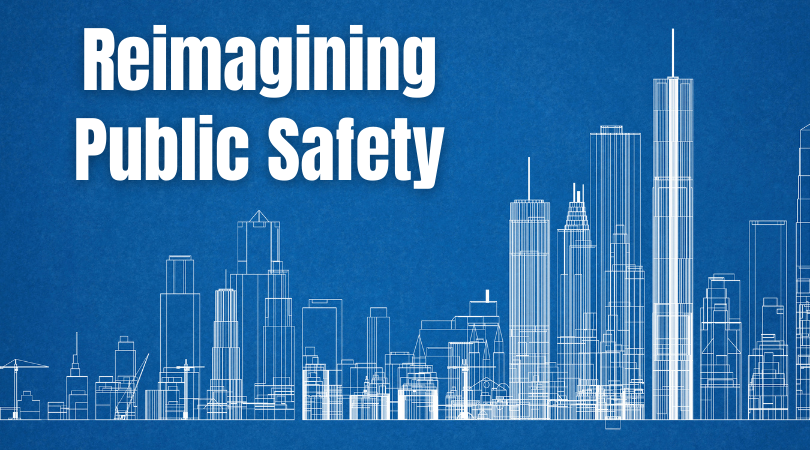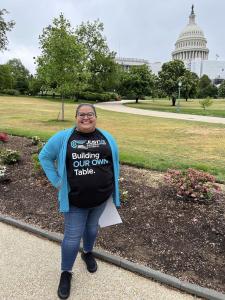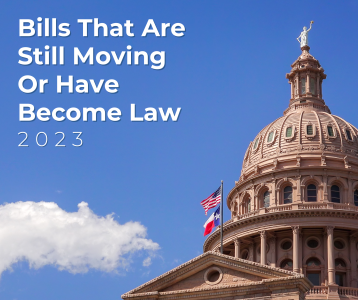A Message from the Executive Director: Your Thoughts, TCJC’s Vision, and Our Shared Values

A year ago, I sent out an email asking TCJC’s supporters for your input on our work. We collected survey responses from 140 people, who represented all walks of life and levels of justice system impact. I read about your priorities for policy reform, your difficulties navigating an opaque and insensitive justice system, and your reasons for joining us in this fight.
None of us could have guessed how different the world would be a few months later.
When the potential scope of the COVID-19 crisis became clear in March, TCJC sprang into action—even as we adjusted to the entire team working remotely for the first time. We issued letters to state and local leadership, drafted strategies to reduce incarcerated populations, created new reports to show the impact of COVID, and started a petition to protect incarcerated and system-impacted people from the threat of the virus. (You can track all of our coronavirus-related work here).
Soon afterwards, another threat rose in the public consciousness: the race-based violence that is widespread in our society generally and our justice system in particular. The police killings of George Floyd and Breonna Taylor made headlines nationally, while here in Austin people took to the streets to demand justice for Mike Ramos. We condemned this violence at the hands of police and others, like the men who murdered Ahmaud Arbery and the woman who threatened Christian Cooper.
As time has passed and brave Texans have continued to demand justice, our team has continued to grapple with the deep racial inequities and violence built into our justice system. This week, we added a new statement to the “vision” section of our website, created collaboratively by the TCJC team. I hope you’ll read how we want to reimagine public safety, and that you’ll share your thoughts on these fraught and complicated issues.
Today, with COVID-19 still wreaking havoc behind bars and racial injustice still pervasive, I turned to you. In such uncertain times, it was a comfort to reread your thoughtful responses about the challenges that drive our work. The responses to our survey showed an interest in reducing the harms of the justice system by investing in rehabilitation, focusing on decarceration, and fostering community.
Although, when our survey went out, no one knew that our state would be facing the massive financial challenges of a pandemic, respondents described a bloated justice system that’s costing us in more ways than one. As one survey respondent put it, “Texas is wasting millions of dollars and ruining countless lives.”
In the upcoming 2021 legislative session, Texas lawmakers will contend with a projected budget shortfall of $4.6 billion. With so many people at risk behind bars and vital services in jeopardy of being cut, our policy team has been researching a plan for how legislators can reallocate state dollars towards prevention, decarceration, and rehabilitation—rather than pumping more money into an already costly and ineffective justice system. We believe that community health and safety is real justice reform. As we urge legislators to prioritize health and safety in the upcoming session, we’re preparing a portfolio that lays out how our state can “spend our values” and cut our losses.
This work—to free people from the burden and harm of correctional control, to address deep-rooted racism in the justice system, and to push our leaders to fight for reforms that will save money and lives—is not new. But this moment in time is historic and unique, and our team will continue working to meet it with the urgency it demands.
In our statement on reimagining public safety, we wrote: “Reimagining public safety may be difficult for some, especially at these emotionally charged crossroads and during a global health crisis. But, if anything, this landscape proves how badly change is needed. If we invest in our public health and education infrastructures and prioritize the needs of communities, we can move forward together into a vision of public safety that is fiscally responsible and morally sound.”
We’ll keep working together towards a Texas where incarceration is rare, communities are thriving, and every person has the opportunity to succeed.



